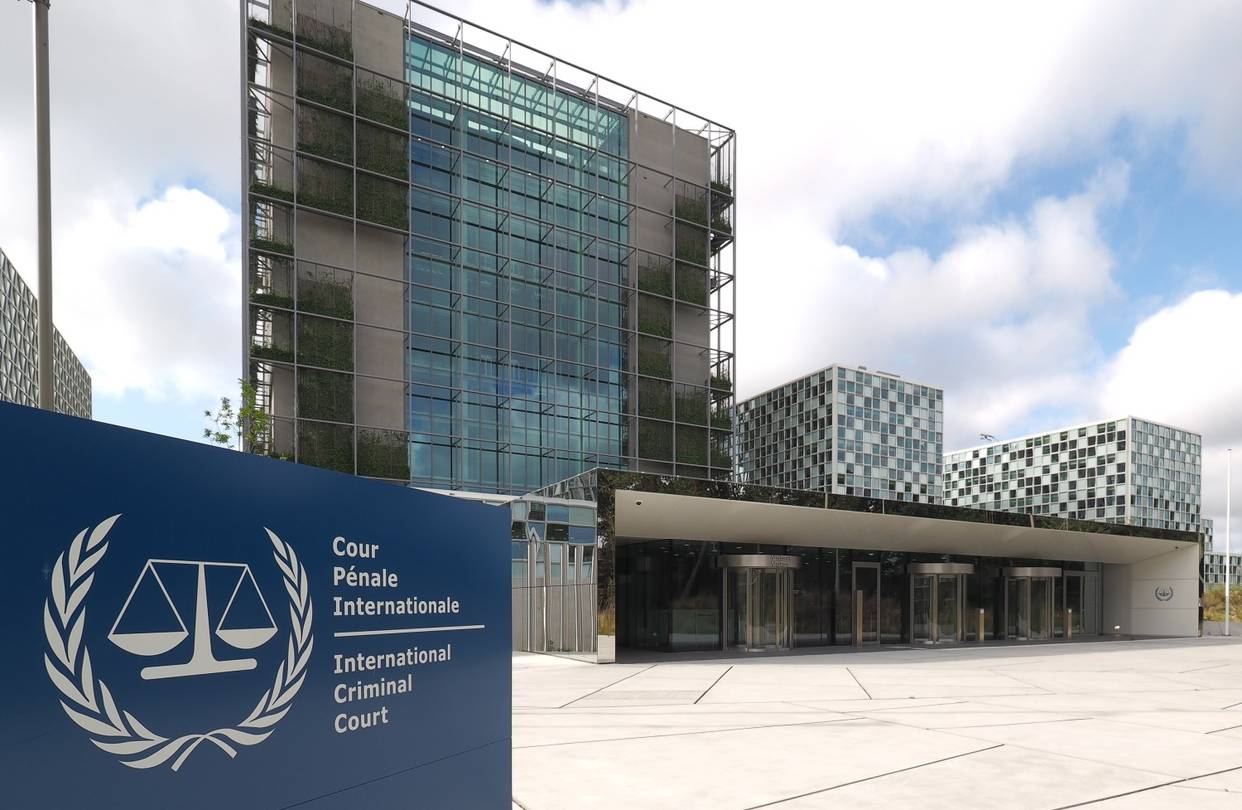RIO DE JANEIRO, BRAZIL – In a diplomatic defeat for the government of President Bolsonaro, Brazilian Judge Monica Sifuentes was unable to secure enough votes to obtain a seat on the International Criminal Court. She dropped out of the race after a poor performance at the polls, indicative of the Ministry of Foreign Affairs’ political isolation.

The vote is perceived as a test of the government’s international popularity at a time when it is the largest debtor of The Hague Court. Moreover, the President is the target of a complaint from human rights organizations, which accuse him in The Hague of incitement to genocide and crimes against humanity in the case of indigenous peoples.
Six judgedships were in dispute and a total of 18 candidates were running. Under the Court’s system, countries vote and rounds are conducted until six names secure two-thirds of the votes.
For Latin America, candidates Sergio Ugalde from Costa Rica and Maria del Socorro Flores from Mexico were elected. They accumulated 87 votes each. Names from the United Kingdom, Sierra Leone and Georgia were also elected.
With three candidates left in the race for the last and sixth Court seat, the Brazilian abandoned the process. She had totaled only 14 votes in the last round, among 123 countries. The process continues in New York, but with only two candidates disputing a seat, representing Trinidad and Tobago and Tunisia.
Always distant from the leading candidates, the Brazilian judge saw her chances increase when the candidates from Uruguay, Colombia and Ecuador dropped out of the race. The migration of these votes, therefore, could be decisive. But they were insufficient to elect her. The Ministry of Foreign Affairs has not yet commented on the matter.
Bolsonaro disregarded a recommendation by a group of Brazilian jurists, who have held positions on international courts, to appoint a candidate from the country to run for the position of judge in the International Criminal Court. The Planalto Palace chose a name not on the suggested list.

